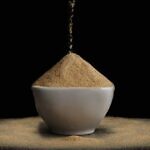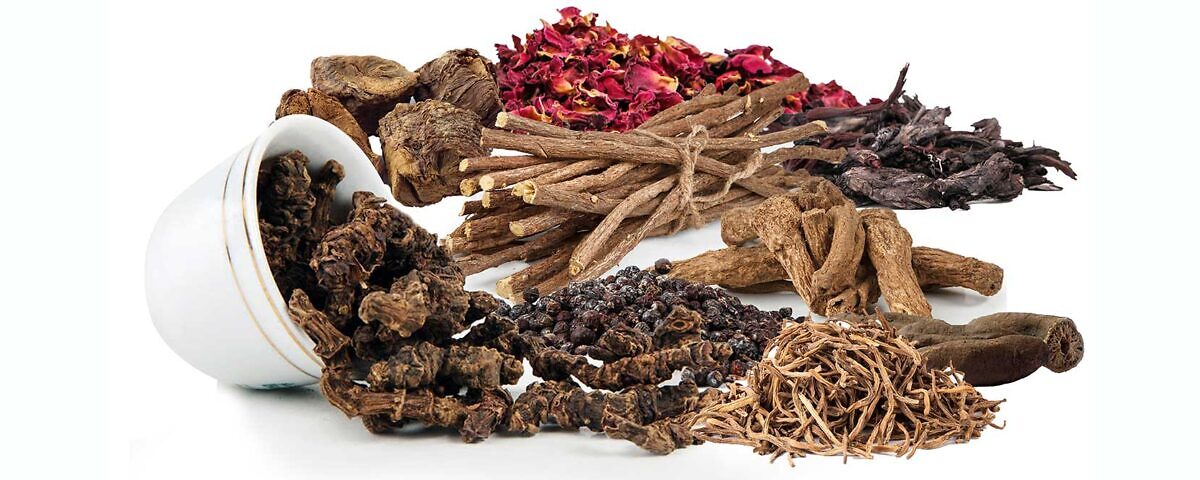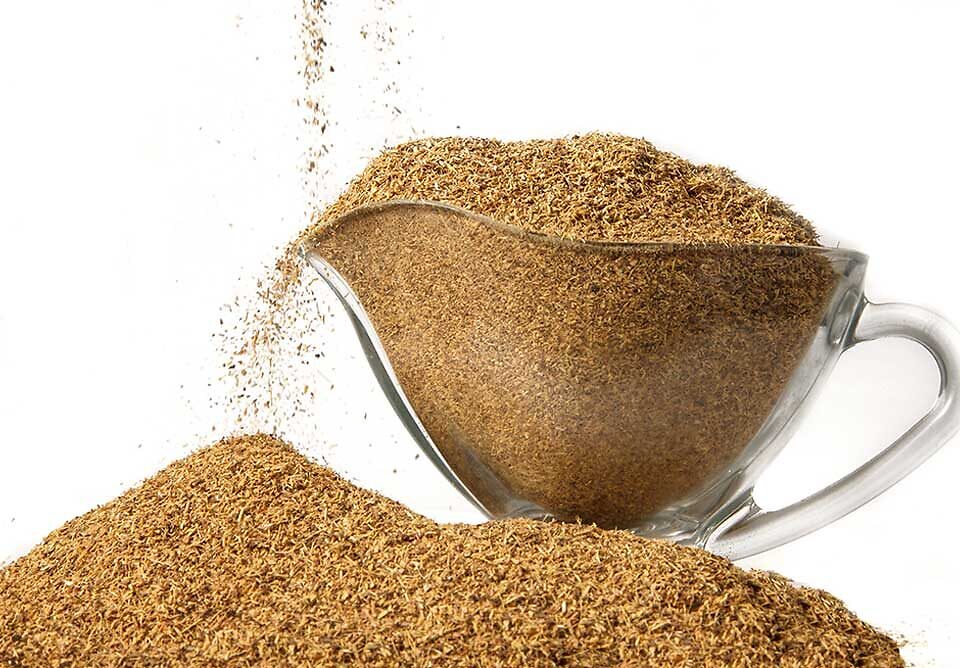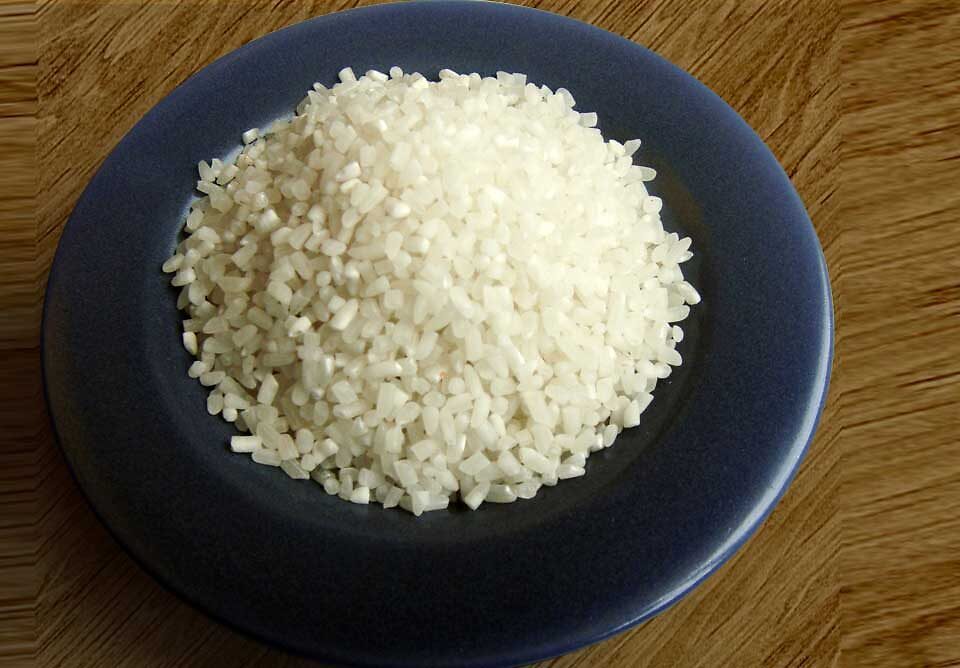
Olibanum Frankincense: Enchanting Stage Smoke in Film Making
October 9, 2023
The Power of Functional Food Ingredients
In recent years, there has been a growing trend towards incorporating
functional food ingredients into our diets. Functional foods are those that
provide specific health benefits beyond basic nutrition. From boosting immunity
to promoting digestive health, these ingredients offer a natural and holistic
approach to wellness. Below listed are the herbs and their potential
contributions to a healthier lifestyle.
Alkanet Roots:
Alkanna roots, scientifically known as Alkanna tinctoria, are a valuable source
of antioxidants and have a long history of traditional use for their
anti-inflammatory properties. These roots can be incorporated into various
functional food products, such as herbal teas or natural food coloring agents,
offering both visual appeal and health-enhancing benefits to your culinary
creations.
Costus Roots:
Costus roots, derived from Saussurea lappa, are believed to possess various
medicinal properties. They are commonly used in traditional medicine for
digestive and respiratory health. Including costus roots in functional food
formulations, such as herbal supplements or teas, can contribute to a balanced
and rejuvenated well-being.
Juniper Berry:
Juniper berries are packed with antioxidants and are known for their diuretic
properties. In functional foods, juniper berries can be used to enhance flavors
in savory dishes or infused into beverages for a refreshing and healthful
twist.
Licorice Roots:
Licorice roots (Glycyrrhiza glabra) are renowned for their natural sweetness
and potential health benefits, including digestive support and
anti-inflammatory properties. As a functional food ingredient, licorice roots
can be used to add natural sweetness to teas, desserts, and even savory dishes,
replacing refined sugars.
Peony Roots:
The health benefits of peony roots extend beyond traditional medicine and have
found their way into the realm of functional foods. Herbal teas and dietary
supplements enriched with peony roots offer a natural and holistic approach to
enhancing well-being. When incorporated into herbal teas, these roots infuse
the brew with their anti-inflammatory properties, supporting the body's natural
response to inflammation. Moreover, dietary supplements containing peony roots
provide a convenient way to access their therapeutic compounds, offering
potential benefits for joint health and overall vitality.
Rhubarb Roots:
Rhubarb roots have been used in traditional medicine for their laxative effects
and potential digestive support. As functional food ingredients, rhubarb roots
can be used in natural digestive aids or herbal infusions to promote healthy
digestion.
Safed Musli:
Safed Musli (Chlorophytum borivilianum) is an Ayurvedic herb known for its
potential aphrodisiac properties and overall vitality enhancement. In
functional foods, Safed Musli can be included in energy-boosting snacks,
dietary supplements, or even smoothies to support overall vitality.
Valerian Roots:
Valerian roots (Valeriana officinalis) are well-regarded for their calming and
sleep-promoting effects. In functional food formulations, Valerian roots can be
used in relaxing herbal teas or as an ingredient in sleep-supportive products,
providing a natural approach to unwinding and restful sleep.
Rose Petals:
Rose petals, derived from various Rosa species, are known for their delightful
fragrance and potential antioxidant properties. As a functional food
ingredient, rose petals can be infused into teas, desserts, or used in herbal
blends to add a subtle floral note and elevate the antioxidant content.
Nature has gifted us with an array of functional food ingredients, each with
its unique set of health-enhancing properties. From herbal teas to supplements,
the possibilities are endless when it comes to harnessing the power of these
natural treasures.
Disclaimer: It is crucial to consult with a
healthcare professional before incorporating them into your wellness routine,
especially if you are pregnant, nursing, or taking medications. Like any herbal
remedy, individual responses may vary, and professional guidance ensures a
tailored approach to achieving optimal benefits.




